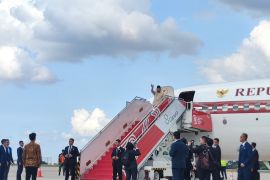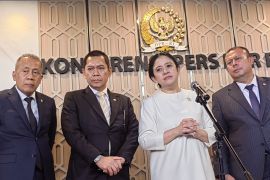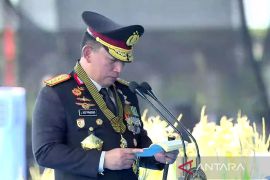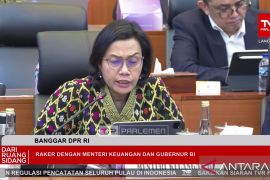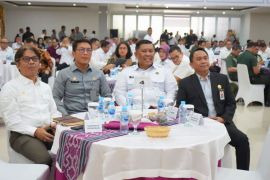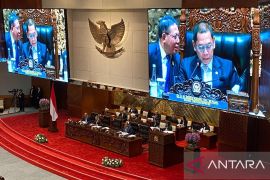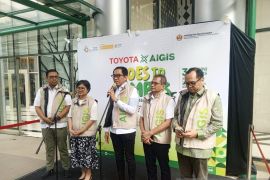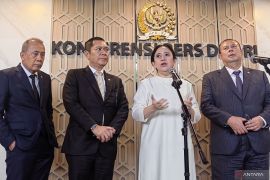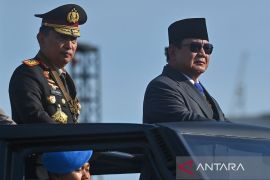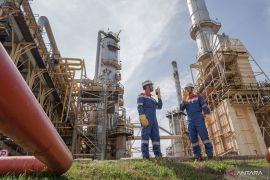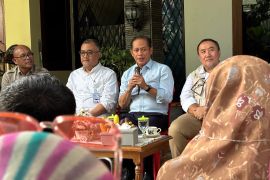"We will develop the electric car program step-by-step, as this is not an urgent program," Industry Minister Ms Hidayat said.Jakarta, Seoul (ANTARA News) - Indonesia will continue to develop the electric automobile, but it will be developed in stages because of the many obstacles that must be overcome, Industry Minister Ms Hidayat said here on Thursday.
"We will develop the electric car program step-by-step, as this is not an urgent program," the minister told reporters on the sidelines of an Indonesian-South Korean Business Forum.
He noted that Indonesia still faced constraints in the development of environmentally friendly cars. Among the obstacles included the availability of technology for a light car battery that can store electricity for a relatively long time, and a charger that could recharge a battery in a relatively short time.
The other problem is the overall supply of electricity, since the need for power will increase if electric automobiles are manufactured, though electricity is still subsidized by the government.
Therefore, he said, the development of electric cars would likely be developed in stages and made available in certain areas, such as cluster housing regions.
In the meantime, Chief Economic Minister Hatta Rajasa explained that Indonesia and South Korea agreed to jointly develop electric cars and to support the funding of research for manufacturing electric cars.
As part of the agreement, Indonesia will develop a team from, among others, the Agency for Assessment and Application of Technology (BPP), the Bandung-based Institute of Technology (ITB), the Surabaya-based Institute of Technology (ITS) and the University of Gajah Mada.
Hatta further expressed his conviction that mass production of electric cars could be carried out at a realistic price for the car-buying public. Hatta noted that electric cars will be produced because state-owned electricity company PLN will provide power, while no longer encouraging fuel imports, as is required for cars using fuels.
Besides that, Indonesia and South Korea also agreed to develop cars which would be fueled by natural gas.
To use natural gas to power autos, the government will accelerate the development of the nation's gas infrastructure, particularly gas filling stations.
Last year, the government decided to manufacture Indonesian-made electric cars after conducting a number of trial runs of an electric car prototype. Officials hoped to begin mass production of electric autos in 2014.
"We have decided to set up an electric automotive and technology development center to boost production to 10,000 electric cars in 2014," Hatta Rajasa said in July last year.
The Indonesian Institute of Sciences (LIPI) has produced various types of electric buses and city cars with models included at scale seven of the nine levels of technology readiness. The technology center will become the main location for the design of electric auto components produced by Indonesians.
"The center will be under the direction of several government institutions, including the Research and Technology Ministry, Industry Ministry, Transportation Ministry and the Ministry of State-owned Enterprises," Hatta said, after attending a meeting with government officials to discuss the electric car program.(*)
Editor: Heru Purwanto
Copyright © ANTARA 2013
